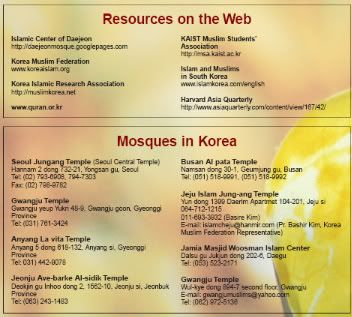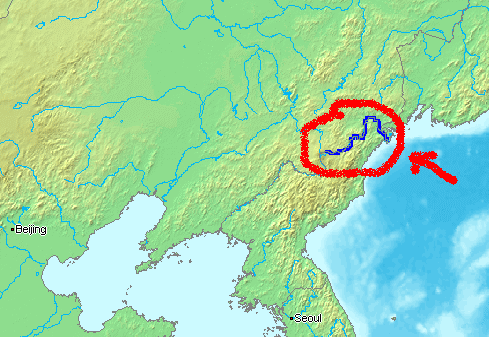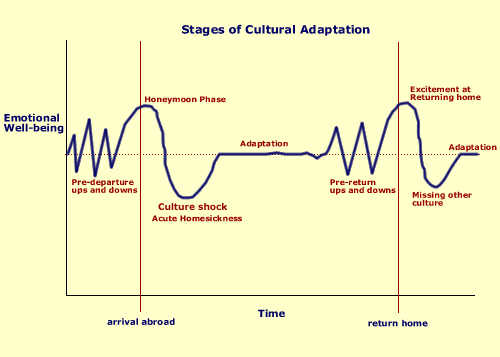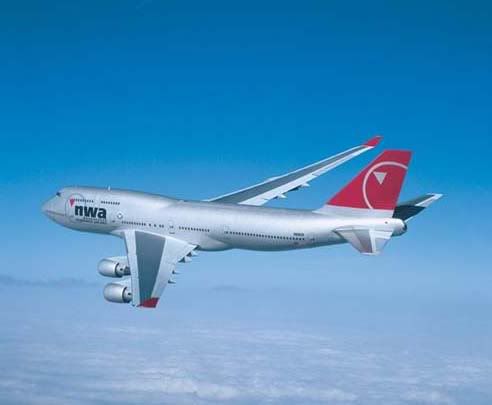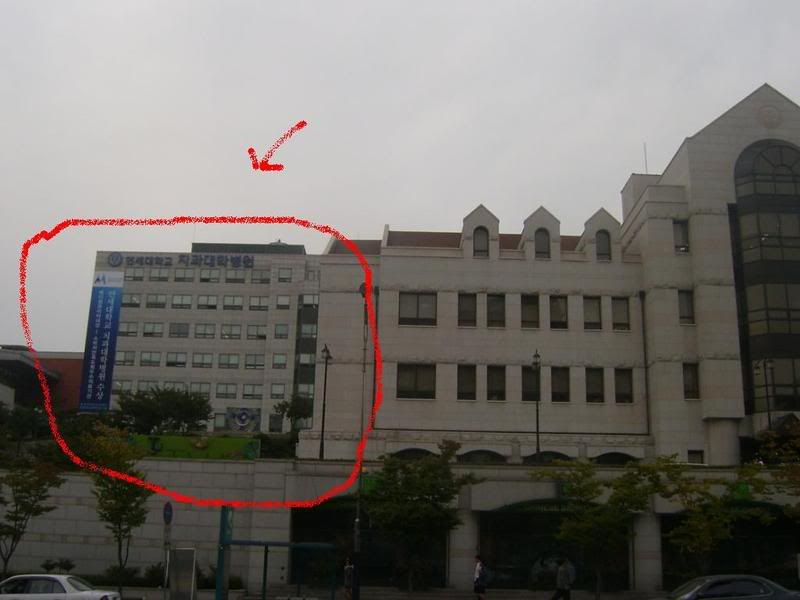This is the fifth in a series looking into religion in Korea from a community perspective. The first objective is to give expatriates a springboard from which to develop spiritually. Feature articles will have examined Christianity, Buddhism, Hinduism, Judaism, Islam and Sikhism. - Ed.
When people think of Korea and religion, most assume it's a land of only Buddhists temples and Confucian values. However, as the other articles in this series have shown, other religions are very active here.
Some might be surprised to hear that Islam is present and actively practiced here. One reason is because of the frequent confusion of the terms "Muslim" versus "Arab." Muslim refers to anyone who practices Islam. Muslims can be from any number of nations or regions like Turkey, Iran, Iraq, Pakistan, Malaysia, Indonesia, China, as well as countries in Europe, Africa and the Americas. In contrast, Arab is a term that refers to people from the Arabian peninsula and who speak the Arabic language.
However, someone who is Arab is not necessarily a Muslim.
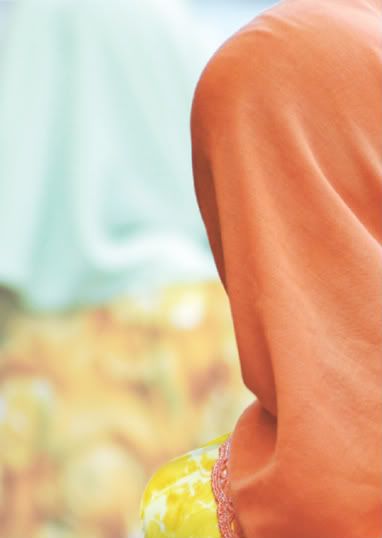 |
| Photo by Matthew Lamers |
Historically, Muslims and Koreans have been in contact for hundreds of years. This contact came through China and via trade. But an active Korean Muslim community started developing in South Korea after the Korean War, due to the presence of Turkish troops who had fought in the war and their presence in the United Nations forces after the armistice.
Since then, the Korean Muslim community has slowly grown.
Originally, this piece was supposed to appear earlier in the series but my interviewee, Haseeb Ahmad Khan, had to travel for a bit of time. He and I touched base earlier this month. Here is what he had to say about Islam not only in Busan, where he lives, but in all of South Korea.
Haseeb is originally from Pakistan, but has lived in South Korea for almost 10 years. He is married to a Korean national and has an export business located in Busan. Haseeb started off the interview by explaining that people who practice Islam have to pray five times a day.
In most cases, he explains that, "They offer their prayers in their offices or their workplaces," because it is too difficult for them to come to the mosque. However, he added that if they are close enough, the mosque is where they ought to pray. Those who cannot, observe their prayers at work. He added that: "On Friday we get together in the mosque."
"Jummah is the Friday prayer," and there are names for the other prayers too. He said there is a social purpose to gathering at the Busan mosque on Fridays.
"The Friday prayer is to unite the people. After the prayer they can unite to make a better community. ... They can talk and they can listen. For example, if someone is sick, they can arrange to go to the hospital - or, if they find out that someone needs help, they can arrange to help."
He explained that both men and women have these meetings. Their prayer rooms, as well as the subsequent meetings, are separate. When asked to describe the people who come to the mosque to pray he said, "(W)e have a few Koreans. We have Indonesians, Malaysians and Uzbeks. We have people from the United States. We have people from 12 to 14 countries."
Why did he become so active in the Muslim community?
"I'm a Muslim. This is our religion. Wherever we go, we have to practice our religion. When I came to Korea, they didn't have a lot of mosques in Korea. Now we have a lot of mosques in Korea. At first, I was in Seoul and people got together at the Itaewon mosque. Then I moved to Busan for work and now I worship in a mosque in Busan."
This also applies to Muslim schools.
"We're trying to open a small school in Busan. ... (For) people who are married ... they have kids to raise and they have to teach them a Muslim education. We have schools in Daegu and Seoul."
In addition, for those who are curious about Islam, Haseeb said that they have services and resources for people who want to learn more.
"Yes, they can come to the mosque. We have - the head of the mosque, an Imam (the Muslim equivalent of a priest) in the mosque. If they want some information we have a library in the mosque.
"They can get these things for free."
In their library, they have reading materials and audio materials that people can borrow and use.
Haseeb was very eager to explain that the Muslim community is very active in helping those seeking information on where to worship. "We have a system where people can ask for a mosque and anyone can tell you where the mosque is. We also have a website for the Busan mosque."
On this site people can find information on Islam in Busan.
"The mosque in Busan is near Dushil Station."
Mosques are now in various locations throughout the country. "We have more than 10 mosques in cities like Gwangju, Busan, Daegu."
Here is the Adobe Acrobat, .pdf, version of the page for you to read, if you like: KH03242009


